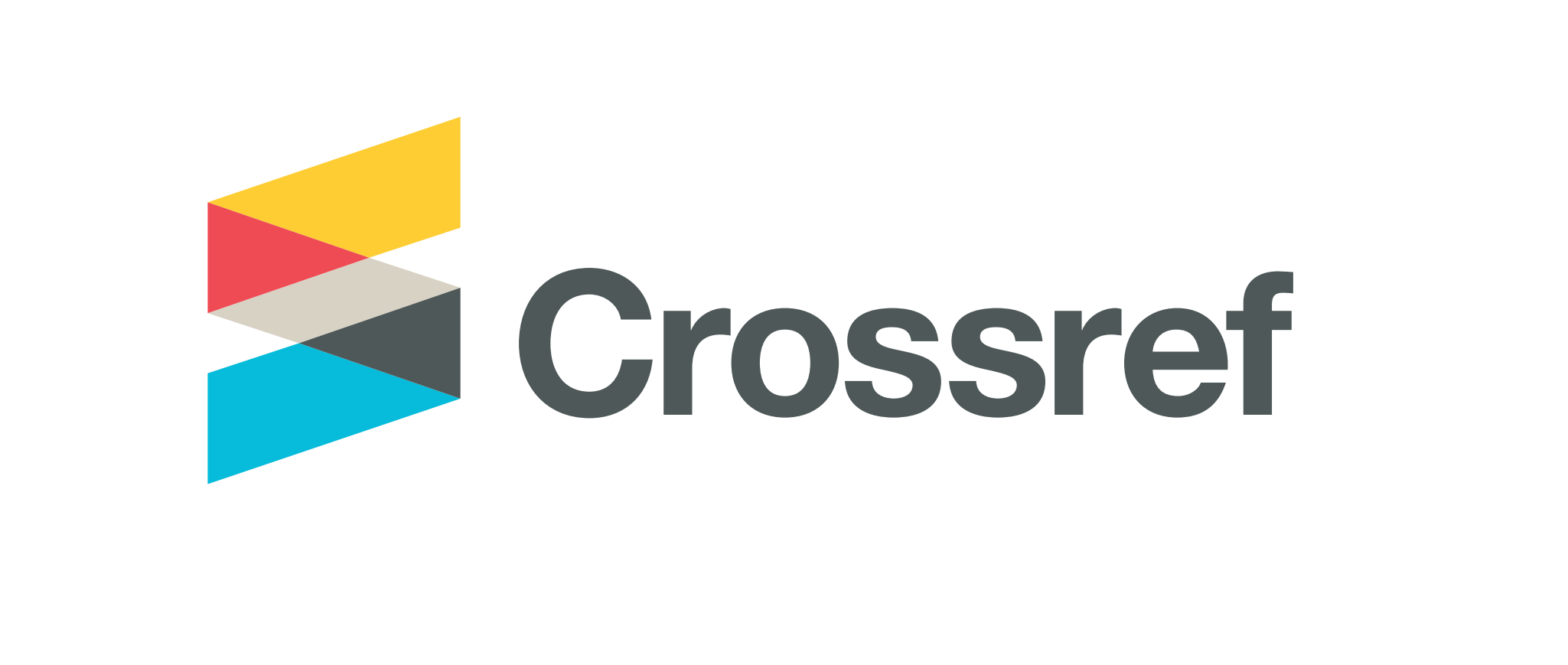Pengaruh Model Pembelajaran Children Learning In Science Terhadap Keterampilan Proses Sains Dan Pemahaman Konsep Tentang Getaran dan Gelombang Pada Kelas VIII SMP Negeri 5 Marawola
Abstract
The research aims to analyze the improvement of science process skills and understanding concepts among students who took Children's Learning in Science (CLIS) and conventional learning model. The research used quasi-experimental: pretest-posttest control group design. The subjects of research were 30 students from Grade VIIIA and 30 students from Grade VIIIB of SMP Negeri 5 Marawola in academic year 2013/2014. The two groups were determined through cluster random sampling. Data were collected by using science process skills test, conceptual understanding test and questionnaire of students' responses on CLIS learning model. Data were analyzed by using SPSS 16.0 for Windows. The average N-gain of science process skill gain for both experimental and control group were in moderate category. The average N-gain of conceptual understanding for the experimental group were in moderate category and the control group were in low category. Based on the significance analysis, it could be obtained that for α = 0,05: 1) there is a difference of students’ science process skills between the experimental group and the control group (tcount.>ttable); 2) there is no difference students’ conceptual understanding of the experimental group and the control group (tcount.<ttable); and 3) there is a correlation between students’ science process skills and conceptual understanding (rcount.>rtable). Results of analysis of questionnaires showed that almost entirely students expressed that they were happy and motivated to get an active role in CLIS learning. Thus CLIS learning could improve science process skills and conceptual understanding of vibrations and waves. The learning model could provide a positive stimulus to students to learn physics.






